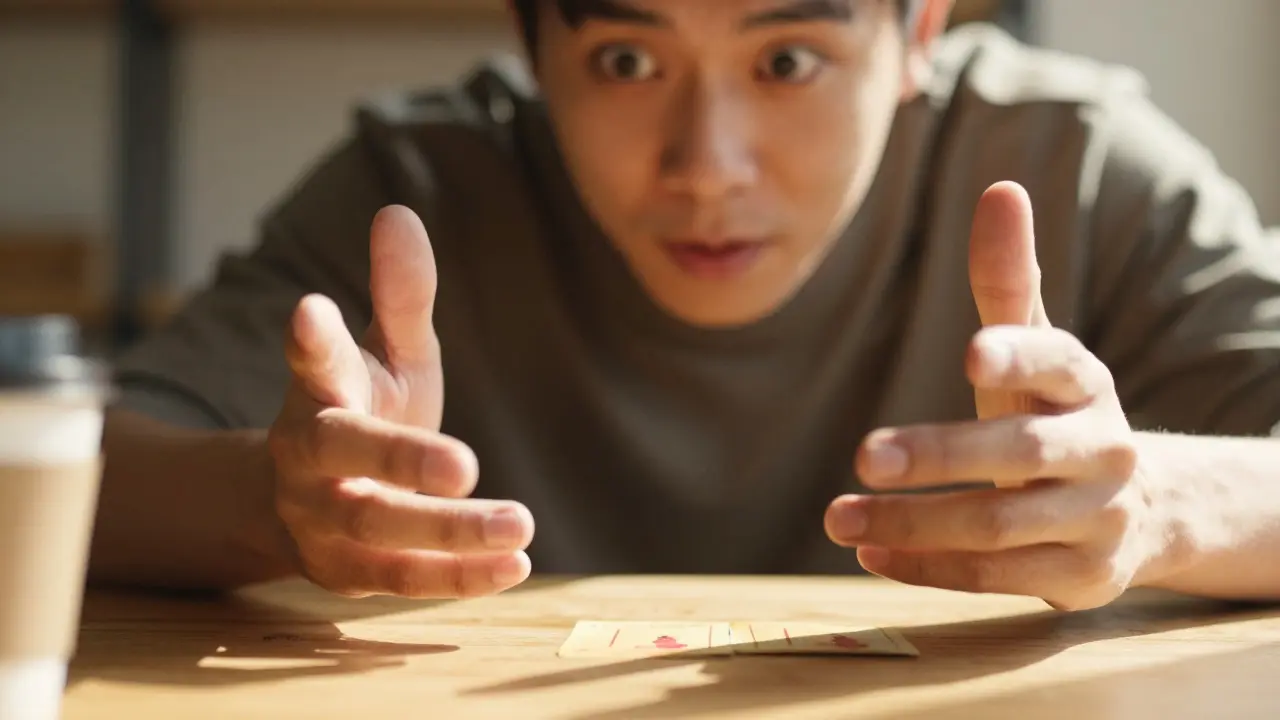Psychological Tricks: The Real Magic Behind Illusions and Influence
Ever wondered why a simple magic trick can blow your mind or why you sometimes buy stuff you don’t even need? Psychological tricks are the secret sauce. Magicians, advertisers, and even your local pharmacist use these mental shortcuts and biases to flip your expectations and steer your choices.
Let’s break it down. At its core, a psychological trick takes advantage of how our brains crave patterns and miss tiny details when focused on something big. Think about it: when a magician distracts you with a grand gesture, you miss a sneaky move happening right under your nose. This isn’t just stagecraft—it’s all about attention and perception. Studies by Dr. Stephen Macknik showed that even trained observers get fooled when their attention is locked onto one spot, proving just how easy it is to manipulate focus.
But these mind hacks aren’t just for magic shows. Walk into a pharmacy, and those tempting items at eye-level aren’t there by accident. Stores rely on subtle cues and placement to guide your buying decisions. Ever find yourself getting an extra box of tissues because it’s “conveniently” by the cough drops? That’s psychology at work, nudging you to add more items to your cart.
Mentalists push this even further. They use techniques like cold reading and suggestion to make you feel like they know your deepest secrets. The real twist? There’s no supernatural power involved—it’s questions and guesses tweaked by body language and simple probability. Try it at your next gathering: notice someone’s reactions when you mention a common hobby or interest. Odds are, you’ll get a hit more often than you’d think.
If you want to try psychological tricks for yourself, start with observation. Watch how your friends react to different words, or how changing your tone can shift a conversation. Use basic misdirection. For example, hand someone a coin while pointing out something behind them—most people will look away, giving you a moment of distraction. It’s not magic, but it sure feels like it.
These tricks also pop up in health and wellness conversations. Did you know that doctors sometimes get patients to follow advice just by using certain words or a confident tone? Studies from the University of Cambridge show that how instructions are delivered can change whether people actually take their medicine. The brain responds to authority and emotional cues more than we’d like to admit.
So next time you’re amazed by a card trick or find yourself second-guessing a store purchase, remember: psychological tricks are everywhere. They shape how we see, think, and act, both on stage and behind the scenes. Want to learn more? Check out our guided posts on mind reading, influence, and the psychology of magic right here at Instant Magic Mastery. Mastering a few of these for yourself can turn everyday moments into something truly remarkable.

How to Do Basic Mentalism: Simple Tricks Anyone Can Learn
- by Sophia Levet
- on 5 Feb 2026
Learn basic mentalism tricks that use psychology, not magic. No props needed-just confidence and simple techniques. Discover mind-reading secrets anyone can master tonight.

How Do You Know If You Are a Mentalist? Signs You Have Natural Mentalism Skills
- by Cameron McComb
- on 1 Feb 2026
Discover the subtle signs you might be a natural mentalist-not through tricks, but through heightened intuition, observation, and emotional awareness. Learn how to recognize and refine your innate skills.

The Real Tricks Behind Mind Reading: How to Understand and Influence Thoughts
- by Zephyr Blackwood
- on 17 May 2025
Discover the genuine secrets to mind reading—understanding how we pick up on others’ thoughts through subtle cues, psychological principles, and a bit of social savvy. This guide digs deep into the science of reading minds, revealing the tricks professionals really use. Learn how the best mentalists do it, how you can sharpen your own skills, and why body language and context matter more than you think. Get ready for a practical, eye-opening look at what 'mind reading' really means today.
